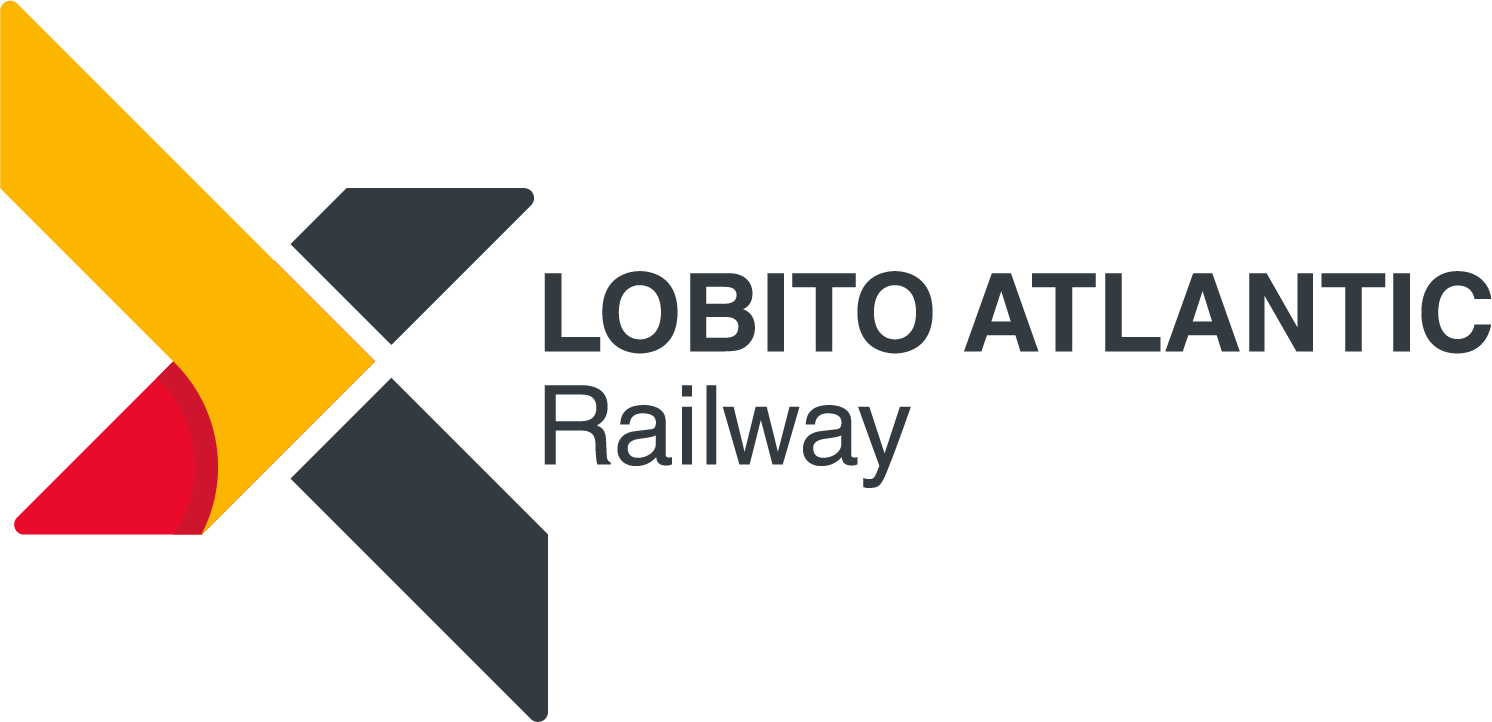What is the Lobito Atlantic Railway?
- The Lobito Atlantic Railway (LAR) is an Angolan rail operator with an independent, highly experienced management team specialising in railway infrastructure. Under a 30-year concession, LAR is responsible for modernising, maintaining, and operating a 1,300 km railway line that connects the Port of Lobito to Luau on Angola’s border with the Democratic Republic of Congo (DRC), including the dedicated minerals terminal at the port.
- LAR has a railway access agreement with SNCC, the state-owned railway company of the DRC, to operate and modernise the 450 km section between Luau and Kolwezi, while also providing support for the modernisation of the remaining railway network in DRC territory.
Who can use the line?
- LAR provides efficient rail transport services to commercial clients, both domestic and international. This access enables mining companies, private operators, logistics providers, and regional traders to use the railway for seamless cargo movement, with access to global markets via a congestion-free deep-water port.
Who owns LAR?
- LAR is owned by Lobito Atlantic Holdings (LAH), a consortium composed of the European companies Trafigura, Mota-Engil, and Vecturis.
How is LAR funded?
- To date, the Lobito Atlantic Railway concession has been entirely funded by its shareholders, without equity contributions from any governments.
What is the difference between LAR, the Lobito Corridor, and the Zambia–Lobito rail link?
- Lobito Atlantic Railway (LAR): A private consortium responsible for managing rail traffic, maintaining railway tracks and associated infrastructure, and transporting goods along the Angolan section of the corridor.
- Lobito Corridor: An umbrella term referring to regional infrastructure and development projects directly or indirectly connected to the Lobito-Kolwezi-Lubumbashi-Ndola railway line.
- Zambia-Lobito Rail Link: A proposed greenfield railway project under study, designed to connect Zambia directly to Angola's Lobito Atlantic Railway without transiting through the DRC. This initiative forms part of the broader Lobito Corridor strategic vision.

